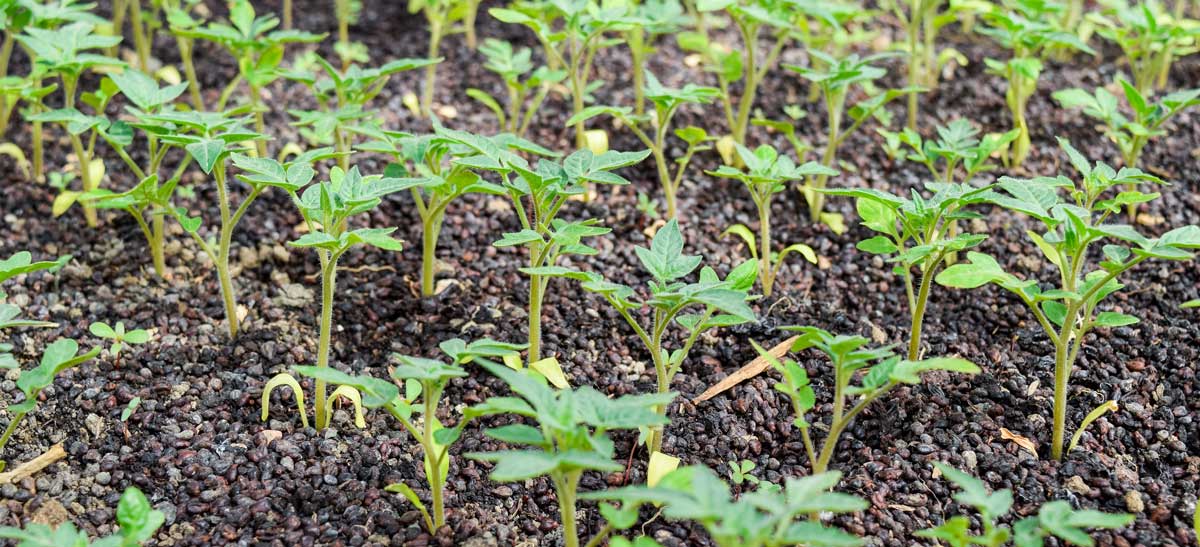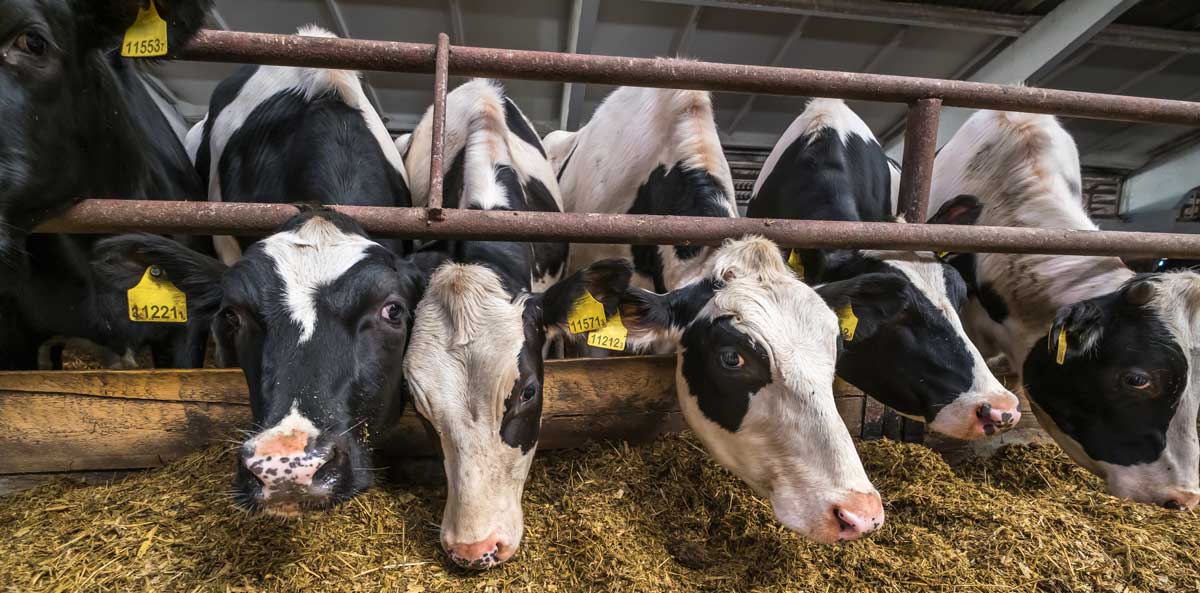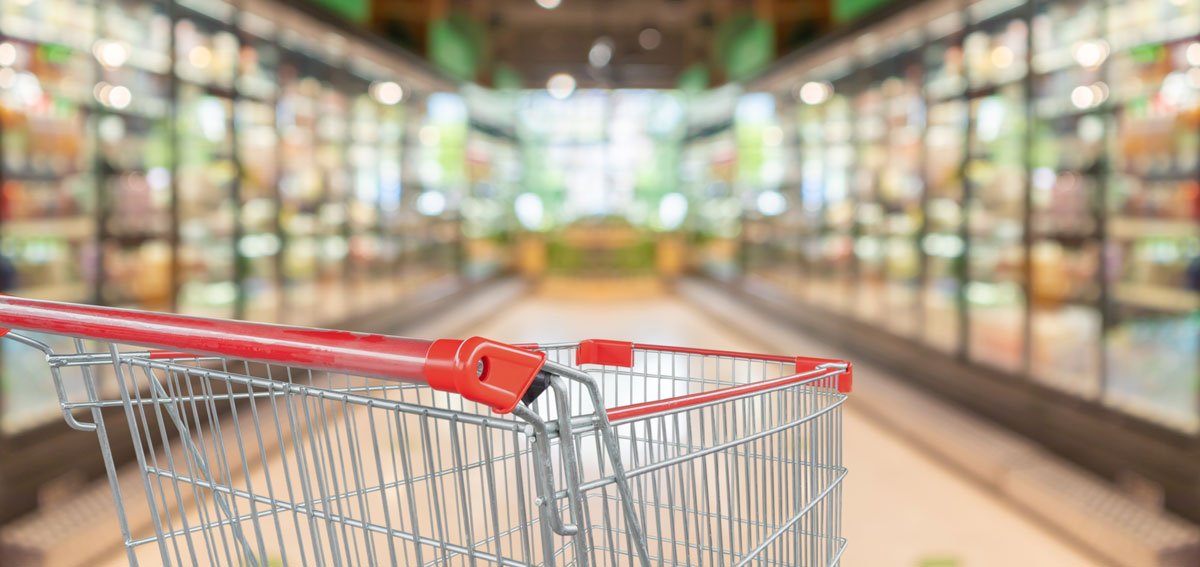Food production is habitually an undeviating problem affecting our environmental impact. The ever-changing world we live in impacts the reliability of our sources which is based on variable factors including climate change, population growth and a lack of resources. It has been stated that 25% of total greenhouse gas emission are of consequence to crop and animal production systems, as well as agricultural land. Our growing population has been faced with the unnegotiable fact that food production must evolve for an efficient future.
It can be stated that ‘agriculture now accounts for only 3% of total employment in high income countries, but over 40% in emerging economies.’ This figure suggested how high-income countries have traded in their risk for just the reward. The uncertainty of crop production has resulted in lower income countries becoming responsible for these resources. As their main source of food and income, agricultural systems provide the poor with the amenities they need to survive; but it serves as our biggest drawback in creating a food production system that will benefit our future.
José Graziano Da Silva stated that, ‘collateral damage of land degradation and deforestation, over extraction of groundwater gases, emission of greenhouse gases, loss of biodiversity, and nitrate pollution of water bodies’ are all factors within food production. The consequences of these factors are paralleled with the on-going risk of climate change effecting agriculture and fishing. The natural hazard increase in droughts and flooding, as well as a lack in the distribution of fish has led to certain resources rapidly decreasing globally.
Unfortunately, the decrease in supply is more profound than ever because of the increase in population growth. As the world needs more, the earth has less. It is stated by the Food and Agriculture Organization (FAO) that by 2050, we will need to produce 60% more food to feed a world population of 9.3 billion. This amplifies the need for an increase in food production and if the agricultural system remains unaltered, there will be almost no natural resources left for businesses to utilize.
So, what is the solution? taking a sustainable approach. For businesses in the food production sector to survive, they must unveil their green fingers to create a non-polluting future. The European commissions suggested that the internal market must reward greener production. ‘Products will be addressed for their environmental footprint and boost the material resource efficiency of products to make sure they cover reusability, recoverability, recyclability, recycled content and durability’.
Other methods of sustainability include the natural resource protection to increase biodiversity by protecting land, water and energy resources and using environmentally friendly fertilizers.
The waste that is produced through food production is a large factor within the industry. It Is stated that nearly 1.3 billion tonnes of food produced is lost or wasted ever year and if food waste was reduced by 25%, there could be enough food to supply an additional 500 million people.
It is difficult to ensure that food production can match the population growth by 2050. Although maintaining a sustainable approach is desired, it may not be possible. But if the industry can provide sustainable options where possible it could move in a positive direction. That creates a production that is not reliant on the natural world’s resources. As not only are they being rapidly exhausted by our hand’s but by nature too.
Source:





